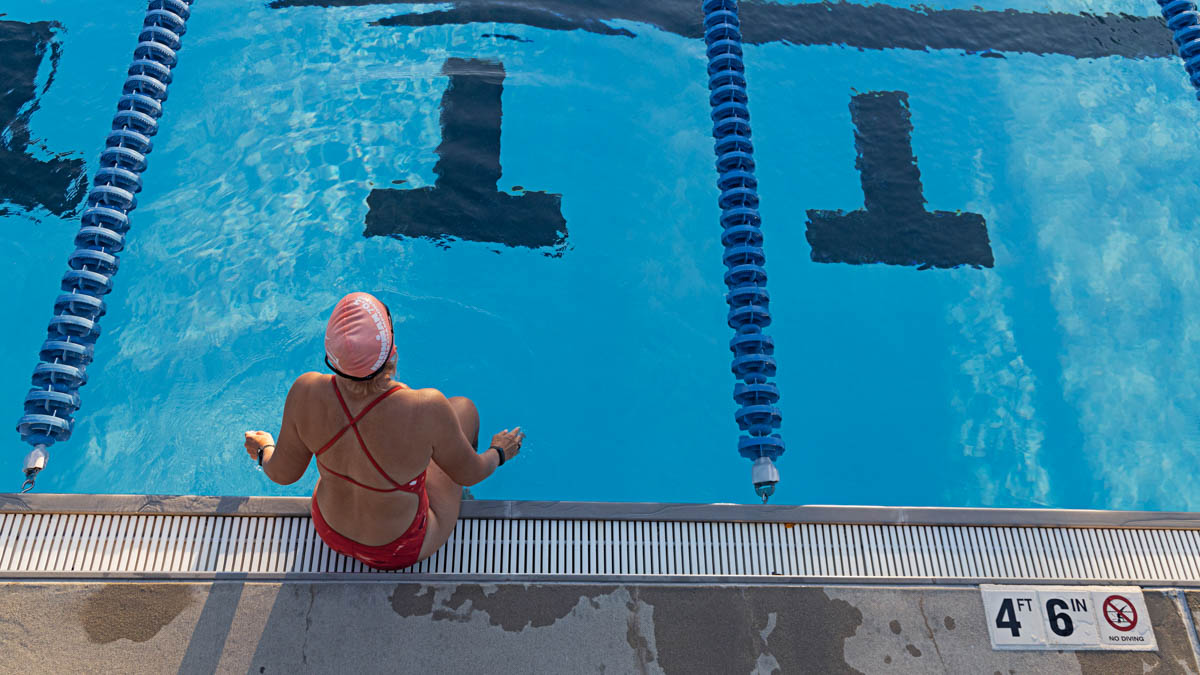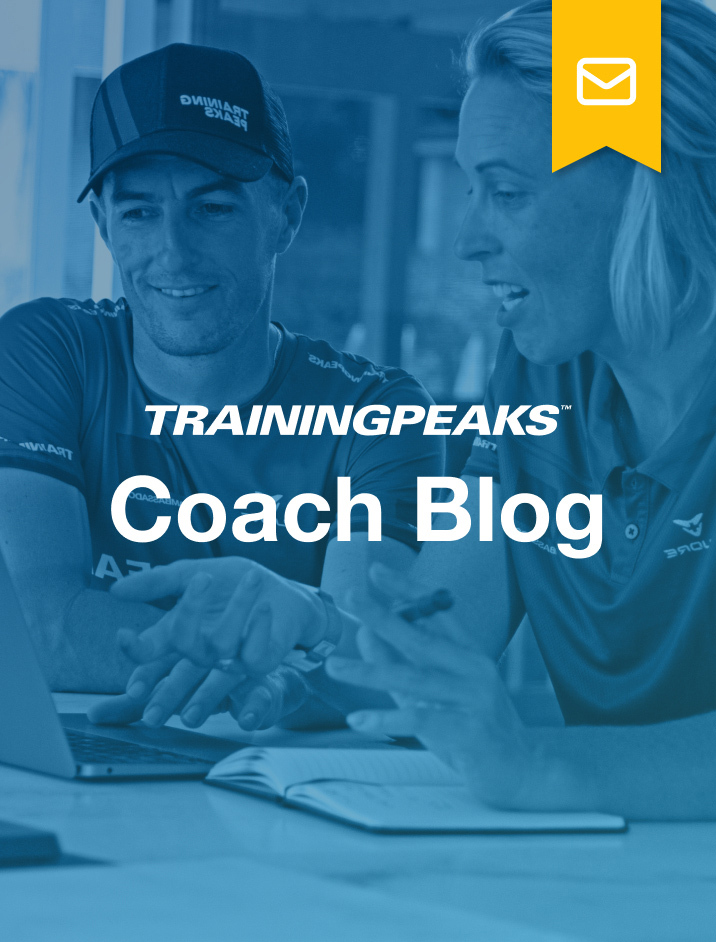When people think of mental toughness, they usually envision the strenuous efforts in the final stages of a race, digging deep to keep going despite every fiber of your being screaming at you to stop. Rarely do people think about the swim leg. However, in reality, many people display herculean levels of mental toughness for every stroke on the swim—still, they don’t get a mention. So why does this effort go unnoticed? First, let’s review what mental toughness is.
What Is Mental Toughness?
Mental toughness is tricky to nail down. Generally speaking, it is the ability to perform to the best of your ability under challenging circumstances. On one hand, it is something that some people inherently have whereas others need to dedicate specific attention to it. If you are among those who struggle to improve their mental toughness, it seems like a huge obstacle to overcome.
To simplify, we can look at it as a three-step physical process. The first step is to hold technique; the next step is to hold technique under fatigue and finally, the last step is to hold technique under pressure. “Technique” in this case can be thought of as form or even pace.
Why is Water So Stressful?
For the most part, triathletes will endure fatigue or feel their ‘technique’ challenged in some way during each leg of a triathlon. They may struggle to hold an aero position, or perhaps they will tire in the latter stages of the run. However, they will feel the pressure to hold technique most acutely during the swim. On top of general pre-race anxiety, the swim is where many people may have the most additional stress. Here are a few examples as to why:
- Swimming may be their “weakest” discipline.
- The environment imposed by the swim (such as open water and the inability to just stop or opt-out) increases uncertainty.
- Variable water conditions such as tides, waves, wind etc. can add to stress.
- Their vicinity to others and being accidentally shouldered or kicked (particularly at the start) may be physically challenging.
- Swimming in the unknown can impose fear of aquatic life such as sharks, jellyfish, weeds, etc.
No matter how trivial or silly these examples may seem, for an athlete in the water (and likely very out of breath), it can be really challenging to look past one or several of these things and continue competing. As a result, the pressure compounds and may require substantial mental toughness to overcome almost every stroke.
Isolating Stressors and Working Through the Process
Now that we’ve identified many of the pressures, the first step is acknowledging that although they won’t go away, we can deal with them individually. This may be a short or a long journey, depending on the severity of stress that the athlete experiences.
Given the examples of swim-imposed stress above, we can go back to the physical process I described before: (1) hold technique, (2) hold technique under fatigue, and (3) hold technique under pressure.
To improve your mental toughness, we want to peel things back. Reduce all of the sources of stress so that you can isolate just one. For example, say you want to focus on variable conditions and swimming in choppy water. Have the athlete swim on a windy day, close to shore, in a reservoir as you walk along the beach in parallel, encouraging them. Have them first focus on holding their technique, remain calm and swim with slow, relaxed strokes. During the next session, when similar conditions present themselves, do the same thing but right after a hard strength workout so that they feel fatigued. For the final session, have them focus on pace so they can hold their technique under pressure.
If you can isolate their stressors and gradually work through the physical process of developing mental toughness, they can strategically build up their tolerance of adversity in the water.
Conclusion
Normalizing the additional pressures will help alleviate the anxieties you need to manage on race day. If you aren’t confident in the open water, make that environment your friend; if you don’t like swimming in a group, work up to it and practice! Take your concerns and aim to make them your strengths.
Mental toughness consists of the aggregate layers of positive experiences you have. To improve your mental toughness in the water, take small, positive steps forwards to build your layers of confidence.


